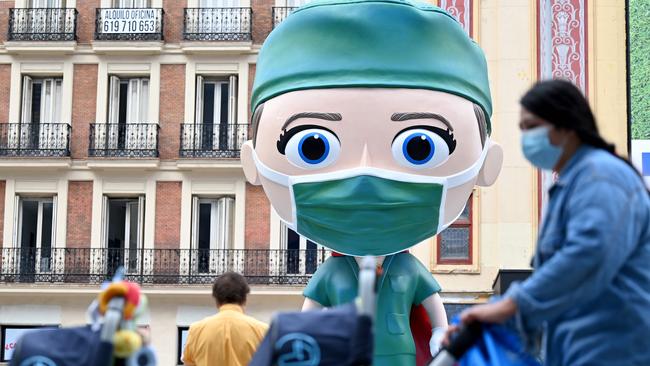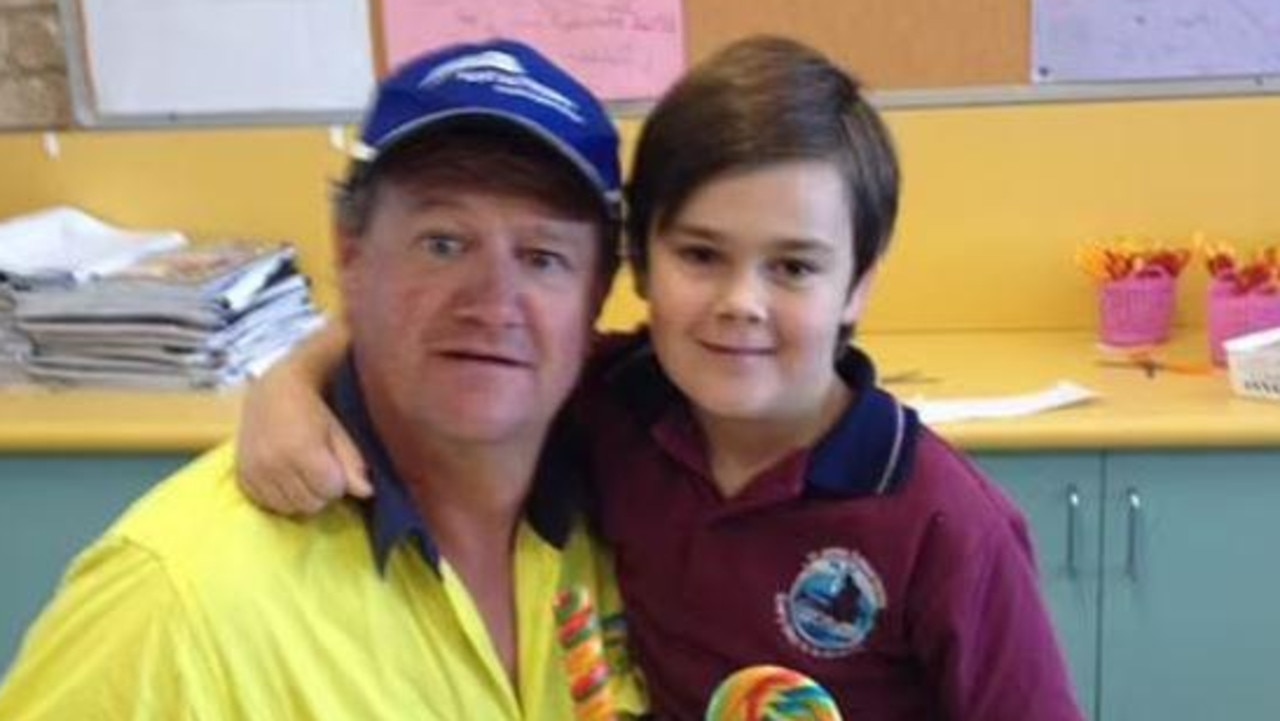Seven words we hope never to use again after COVID-19
In the Year of Living Contagiously, here’s seven words that have become part of our day to day language

Lismore
Don't miss out on the headlines from Lismore. Followed categories will be added to My News.
NO doubt 2020 is going to become known as the Year of Living Contagiously.
The COVID-19 pandemic has turned our world upside down and created a whole language we have become unfortunately accustomed to.
So here are seven words or terms we hope never to use again once this whole health crisis is over:
1. Unprecedented:
What is unprecedented is the amount of times unprecedented was used to describe the early stages of the pandemic. Of course viruses of this kind and pandemics globally are not unprecedented. After all, the Spanish flu of the early 1900s killed a total of 50 million people.
2. Lockdown:
It was a novelty at first to be "locked down" and only given four basic reasons to be out in public: going to work, going to the supermarket, going the doctor or exercise. But as the weeks have turned into months, and we are now approaching Christmas, we are actually protesting about being locked down and it is becoming harder and harder to keep the public in check. Victoria's second wave however should send a shiver through the entire population.
3. Pivot:
In sporting terms I get what a good pivot, or change of direction can do. It can lead to the try line. But in COVID terms it basically means I lost my job over here, so I'll try and find another one over here. Or I used to be an airline pilot and now I'm working at Maccas flipping burgers.
4: Isolation:
We are social creatures by nature, so when isolation, or self-isolation, began to be used as a frequently used term in COVID-19 it was a novelty at first. Not any more. Life in "Iso" has become fairly humdrum no matter how much bread-making, pickling or Zoom book clubs you are in.
5: Quarantine:
You tend to think of those guys at the airport and should I declare that wooden Balinese sculpture. I've got in my luggage when you are coming back from overseas when you think of quarantine. Now it's more like, go to a hotel, stay indoors, order Uber eats and watch Netflix for two weeks. All at your own expense.
6: Social distancing:
You will never approach, stand next to someone, or get in a line in the same way when COVID-19 is over. We will forever be mentally measuring in our heads are we 1.5 metres apart?
7: JobKeeper, Seeker, Saver, Timker, Tailor, Soldier, Spy:
I dunno about you, but I lost track of the number of Job something or others the government trotted out during the height of the pandemic. All I know is that future generations will be paying back the money they are getting dished out now for a very, very, very long time.


